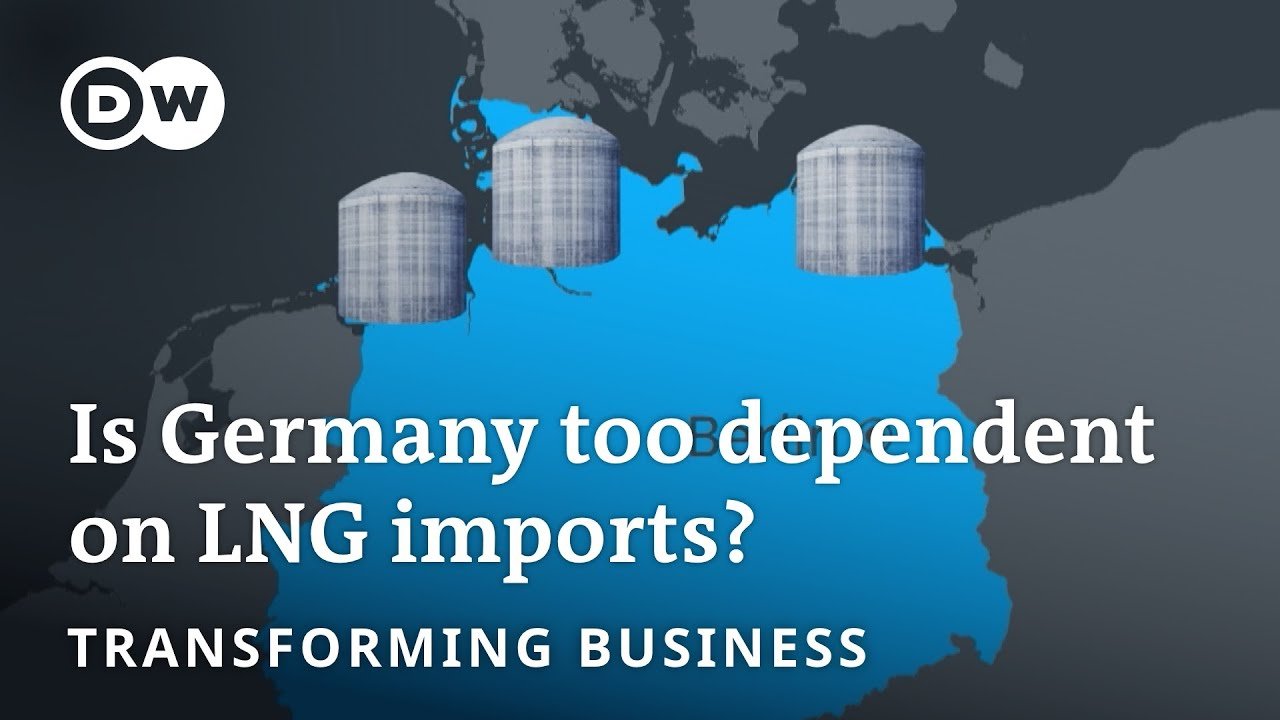The recent decision by the U.S. to pause certain future LNG (Liquified Natural Gas) exports has sparked discussions on its impact, particularly affecting Germany and the U.S. state of Louisiana. This move, aimed at addressing environmental concerns and protecting local communities, has raised questions about energy security, economic growth, and the environmental implications of LNG. As the world’s top LNG exporter, the U.S.’s decision underscores the ongoing debate over the role of natural gas in the transition to renewable energy sources and its environmental footprint, especially considering the extraction method of fracking.
- More than 40 countries depend on the U.S. for LNG exports, making the recent export pause significant on a global scale.
- Germany, now heavily reliant on U.S. LNG following reduced energy imports from Russia, is impacted by this decision as it seeks to bolster its energy security.
- The pause affects pending and future applications to export LNG to countries without a Free Trade Agreement with the U.S., creating uncertainty for projects like the CP2 terminal in Louisiana.
- Environmental concerns are central to the decision, with LNG production contributing to greenhouse gas emissions and other environmental impacts like land erosion and pollution in production areas.
- Despite the pause, the U.S. is still poised to significantly increase its LNG exports in the coming years, even without new infrastructure.
- Germany views natural gas as a transitional fuel, aiding the shift from higher-emitting fossil fuels and supporting energy needs when renewable sources are insufficient.
- Fracking, a major method of natural gas extraction in the U.S., raises concerns due to its association with groundwater contamination, increased seismic activity, and methane emissions.
- The debate over LNG’s role in future energy solutions is multifaceted, involving considerations of climate change, energy security, economic growth, and environmental protection.
DW News is a global news TV program broadcast by German public state-owned international broadcaster Deutsche Welle (DW).
AllSides Media Bias Rating: Center
https://www.allsides.com/news-source/deutsche-welle-media-bias
Official website: https://www.dw.com
Original video here.
This summary has been generated by AI.
